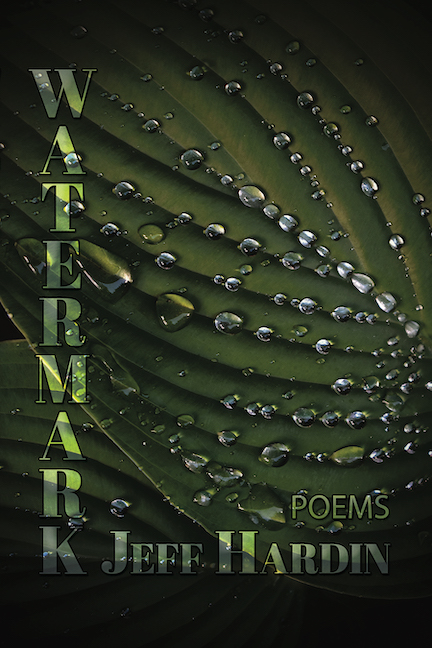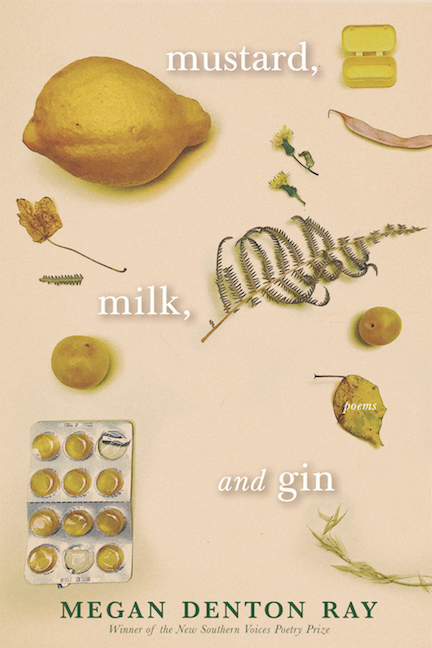“Teacher”
Teacher
(for my daughter)
What is imagined is real, you said.
The imaginer’s eye makes me crazy sometimes.
It is blood caught in my pale heart, a river
going through the house. Blindness comes in,
like vision—perplexing the inner space.
Swans go on the surface, their wings lifting.
I would go with them anywhere.
That’s good, I say. It’s what I told
my daughter when she played our game: naming
something smaller than the other person named.
She was the smallest one herself, when she said,
“The black part of a baby ant’s eye.”
That’s good, honey.
The one with the wildest dreams wins.
Try to remember the last time you
stepped into the bark of a tree,
closed it up behind you. A fat oak
with rings going around your arms like bells.
The sun can pull you taller in that deep
chamber of wood, and all your talk
becomes a wilderness.
When you step out from that,
you find the world is not what you thought.
Your earliest memory is not “of someone,”
but of green water, and cells changing, or skin.
You are as alone as you feared.
Think hard about the breath you take.
It is not like kissing.
[This article originally appeared on 3/22/2014.]

Elizabeth Cox’s poems have appeared in The Southern Review, Southern Poetry Review, The Atlantic, and others. Her fiction has won the O’Henry Prize, the Robert Penn Warren Award, and the Lillian Smith Award. Cox has taught at Duke University, the Bennington Low Residency Program, the University of Massachusetts, and MIT. Most recently, Cox shared the John Cobb Chair of Humanities with her husband, C. Michael Curtis, at Wofford College in Spartanburg, South Carolina. She grew up in Chattanooga and is a member of the Fellowship of Southern Writers.
Copyright (c) 2013 by Elizabeth Cox. All rights reserved.


